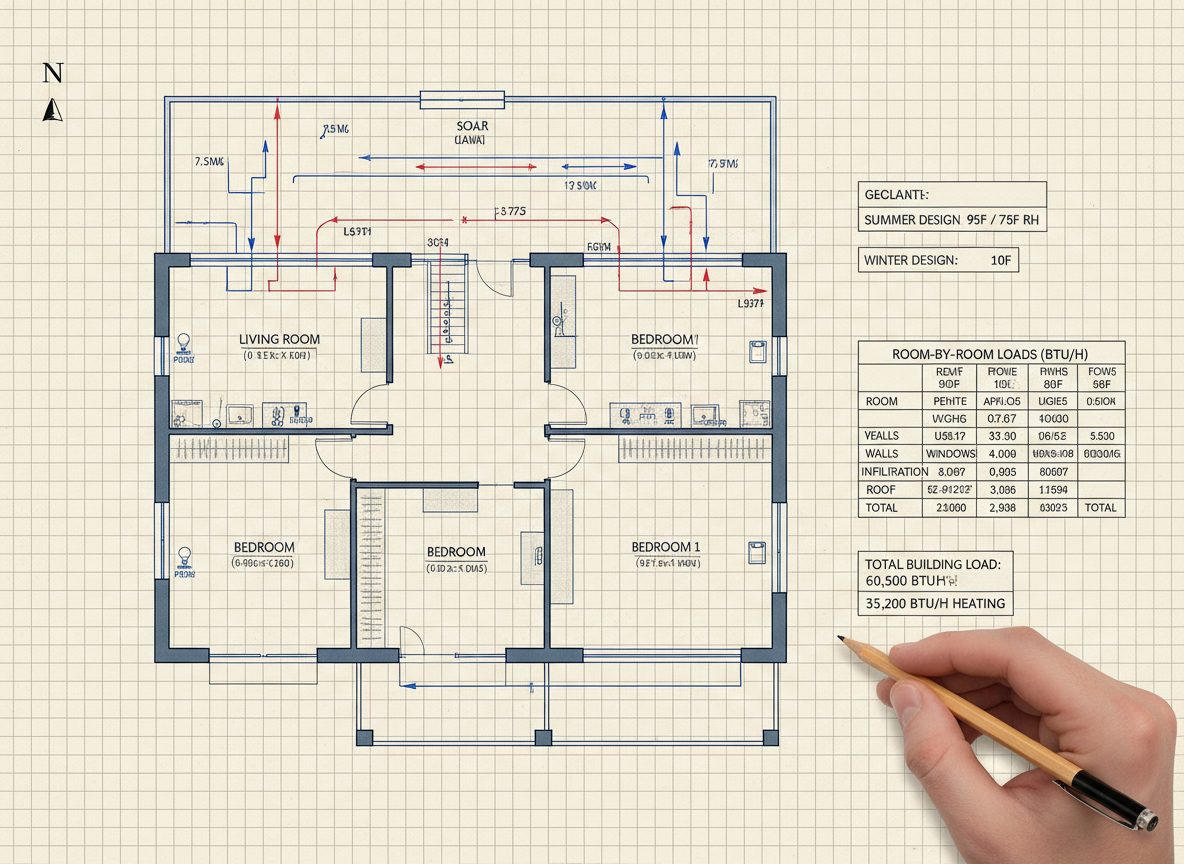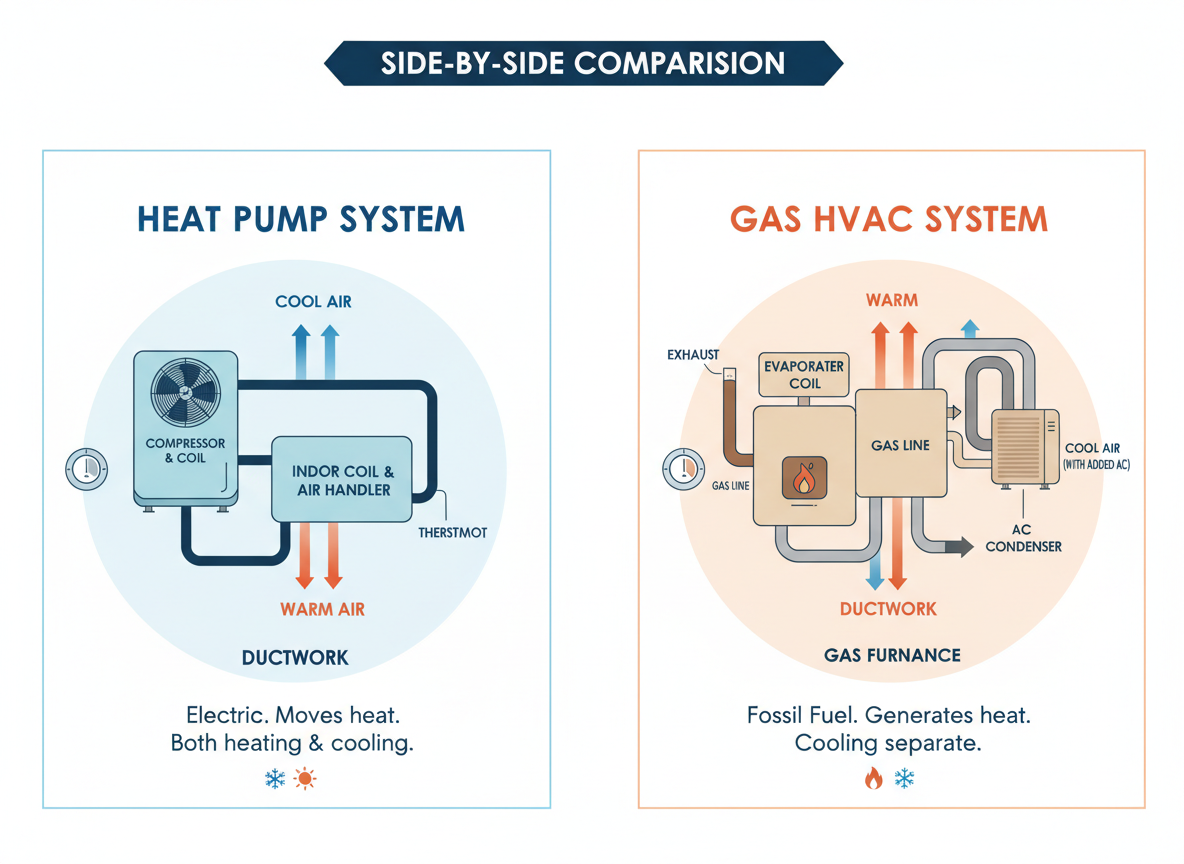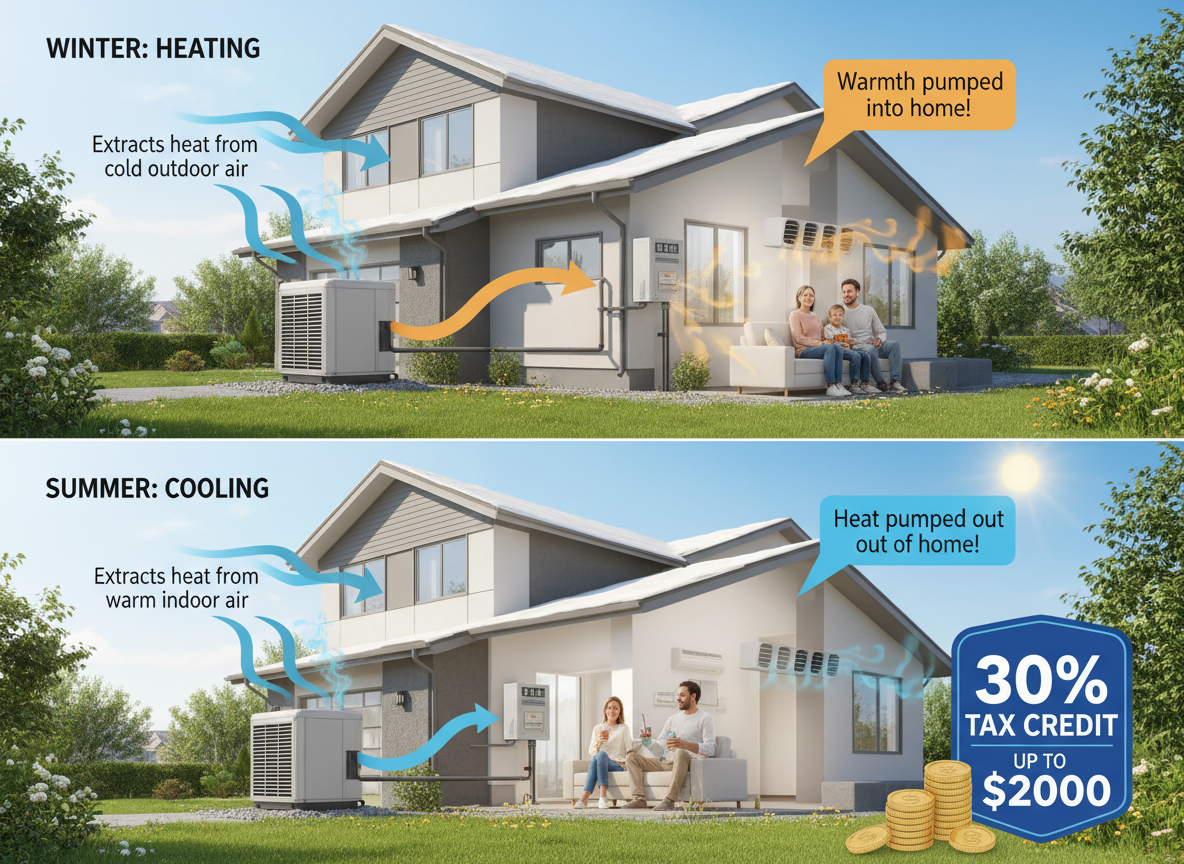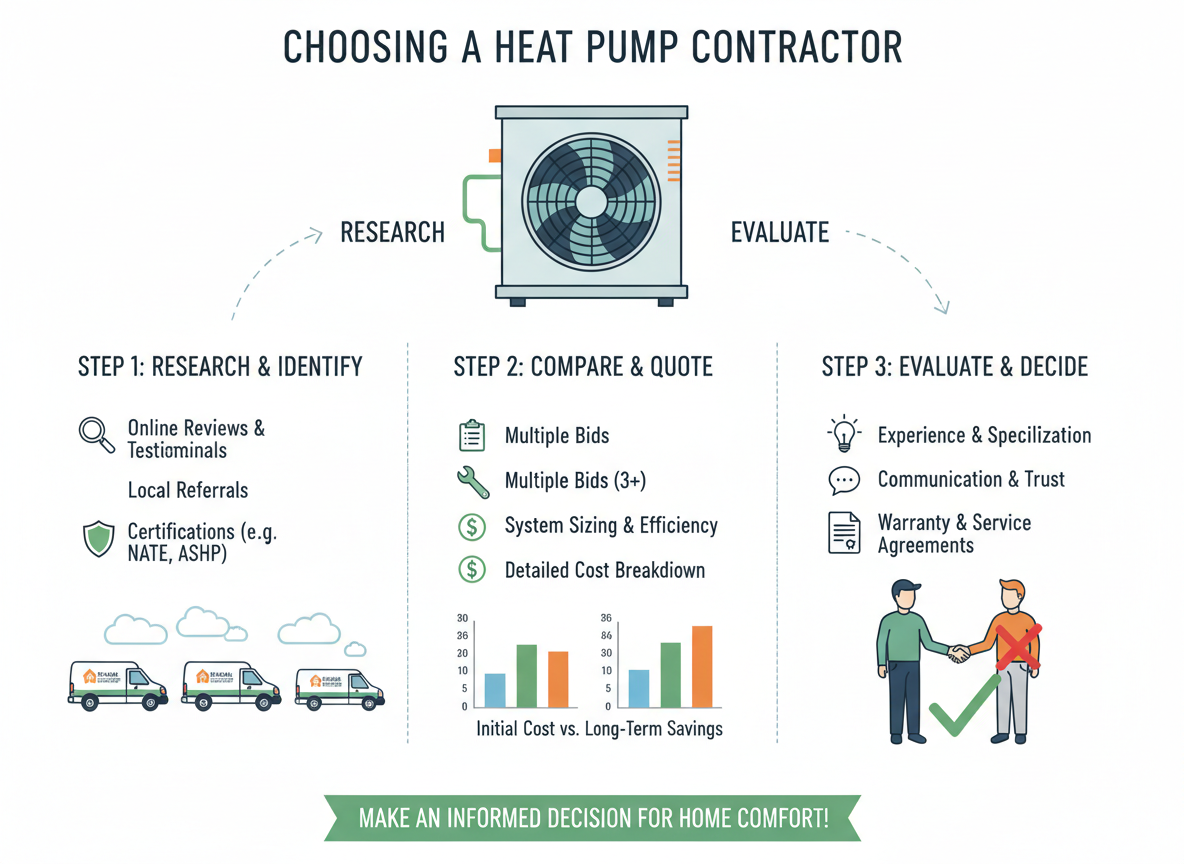
As energy costs continue to rise and environmental concerns grow, homeowners are increasingly seeking energy-efficient furnace solutions. In this guide, we will explore various energy-efficient furnace and heating options available to homeowners when considering furnace replacement.
Understanding Energy Efficiency Ratings for Furnaces
Before buying a new furnace, it’s important to understand energy efficiency ratings. These ratings help you compare different systems based on how well they perform, how much they cost to run, and how eco-friendly they are.
The two main things to look for are:
- AFUE (Annual Fuel Utilization Efficiency)
- ENERGY STAR® Certification
Knowing what these ratings mean can help you choose a system that saves money and keeps your home comfortable.
What Is AFUE?
AFUE tells you how much fuel your furnace turns into heat. It’s shown as a percentage.
- A higher AFUE means your furnace is more efficient.
- For example, a furnace with 95% AFUE turns 95% of its fuel into heat. Only 5% is wasted.
Look for high-AFUE furnaces if you want lower energy bills and better performance during winter.
What Is ENERGY STAR® Certification?
Furnaces with the ENERGY STAR label meet high standards set by the Environmental Protection Agency (EPA). These systems:
- Use less energy
- Reduce pollution
- Help lower your monthly utility bills
To earn this label:
- Gas furnaces need at least 90% AFUE
- Oil furnaces need at least 85% AFUE
ENERGY STAR furnaces may also include smart features like:
- Variable-speed blowers
- Electronic ignition
These features boost efficiency and reduce waste.
High-Efficiency Gas Furnaces
Gas furnaces are common because they’re strong, reliable, and work well in colder areas.
Modern high-efficiency gas furnaces offer:
- AFUE ratings of 90% or higher
- Condensing technology
- Two-stage or modulating burners
- Variable-speed motors
- Sealed combustion systems
All of these features help your home stay warmer, use less fuel, and save money in the long run.
Electric Furnaces and Heat Pumps
If your home doesn’t have gas, there are other options:
Electric Furnaces
- Clean and quiet
- Easy to maintain
- Best for areas with milder winters
Heat Pumps
- Provide both heating and cooling
- Move heat between inside and outside
- Great for mild or moderate climates
- Very energy-efficient
What Are Dual-Fuel Systems?
Dual-fuel systems combine a gas furnace and a heat pump. They automatically switch between the two based on the weather.
Benefits include:
- Lower energy bills
- Better comfort year-round
- Less impact from rising fuel prices
These systems give you flexibility and high efficiency in all seasons.
Extra Features That Boost Efficiency
You can improve comfort and save even more with these smart upgrades:
- Variable-speed blowers: Adjust airflow for better control
- Modulating gas valves: Deliver steady, efficient heat
- Programmable thermostats: Manage temperature based on your schedule
- Zoning systems: Heat only the rooms you’re using
- Air filtration systems: Improve air quality while saving energy
Save More with Rebates and Incentives
Many high-efficiency furnaces qualify for rebates and tax credits, including:
- Federal energy tax credits
- Utility company rebates
- State energy programs
These can help lower the cost of installation while increasing your long-term savings.
Talk to the Experts at LA Heating & Air
Choosing the right energy-efficient furnace doesn’t have to be confusing. Whether you want a gas furnace, heat pump, electric model, or hybrid system, we’re here to help you find the perfect fit for your home and budget.
✅ We offer free consultations for furnace replacement
✅ We’ll help you understand rebates, savings, and options
📞 Call us today at (818) 341‑3406 or contact us online to get started.
Energy Efficient Furnace Options Related Posts:






















.png)














